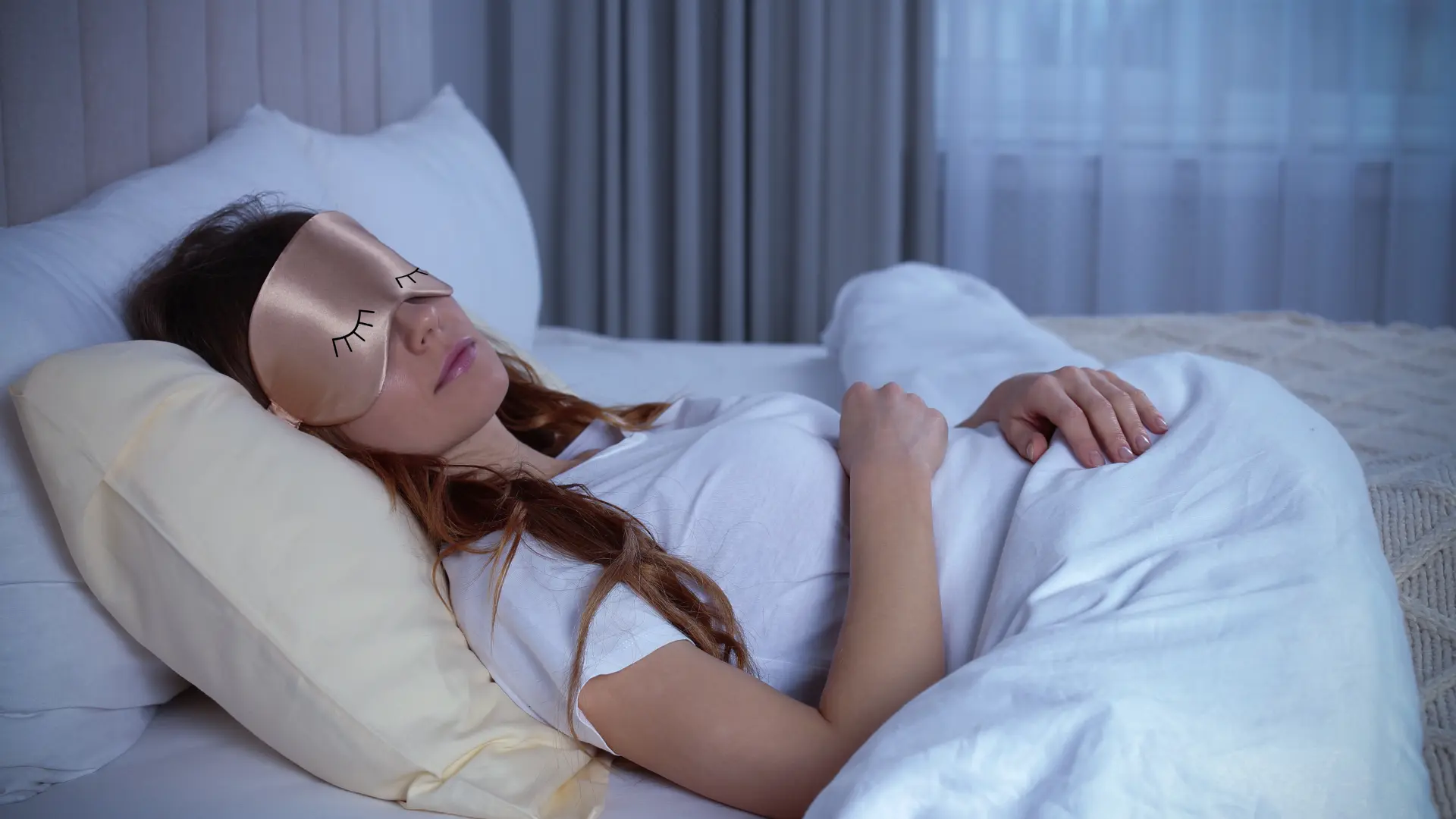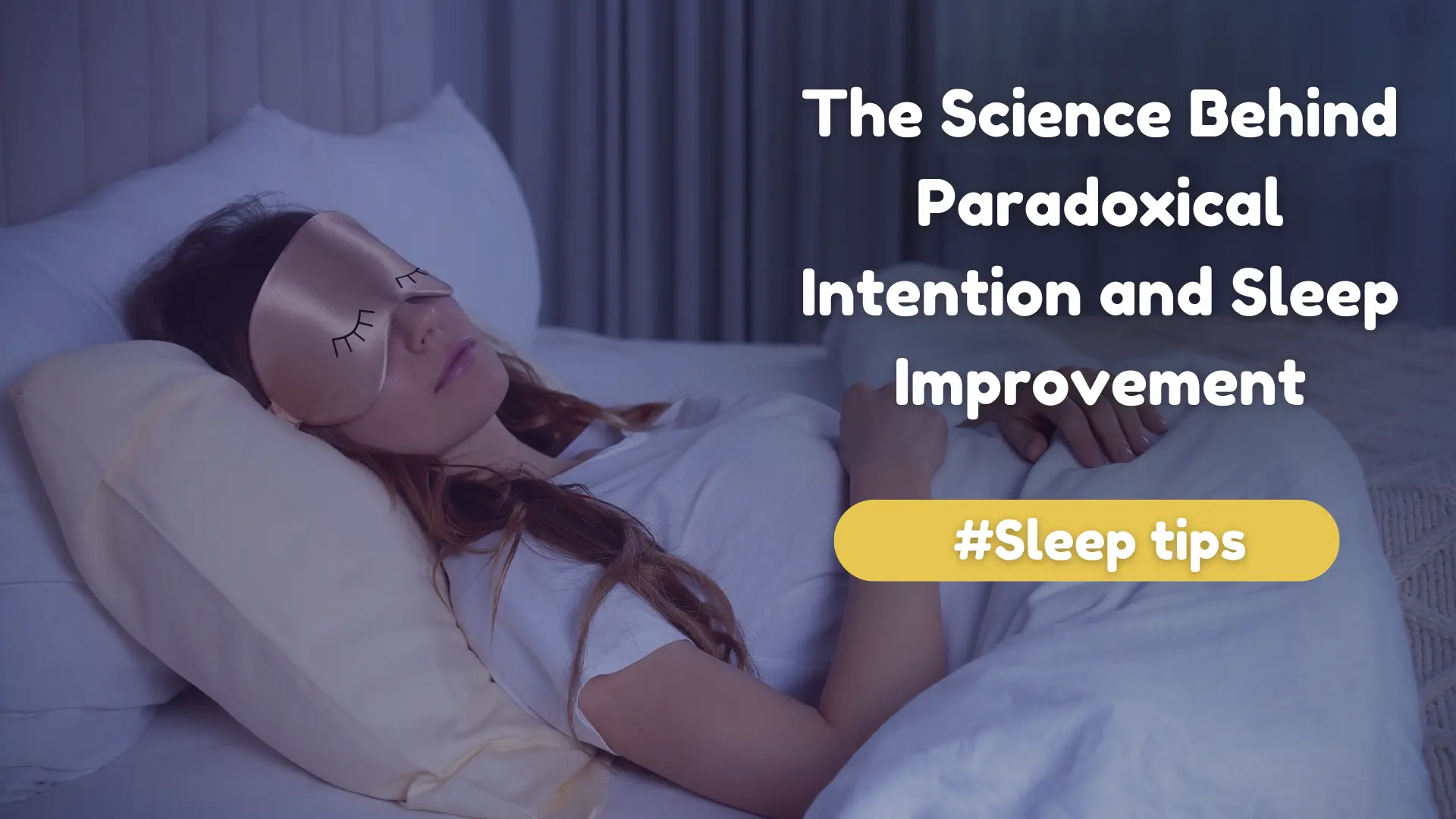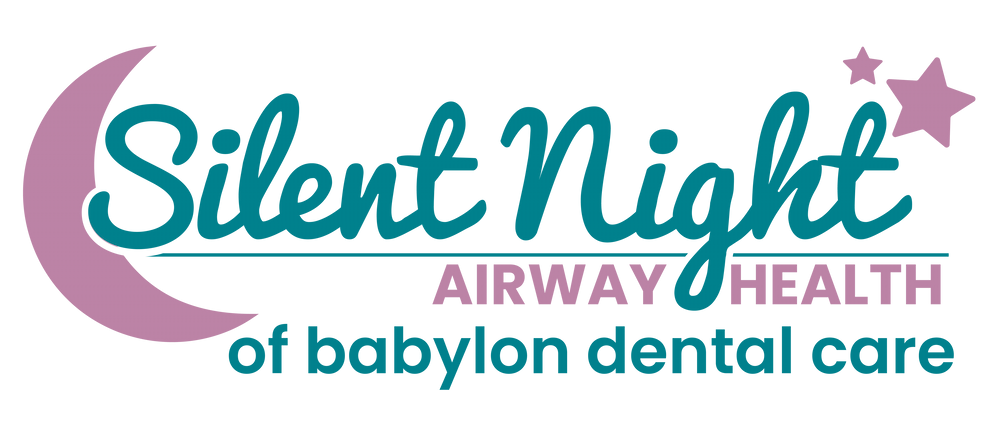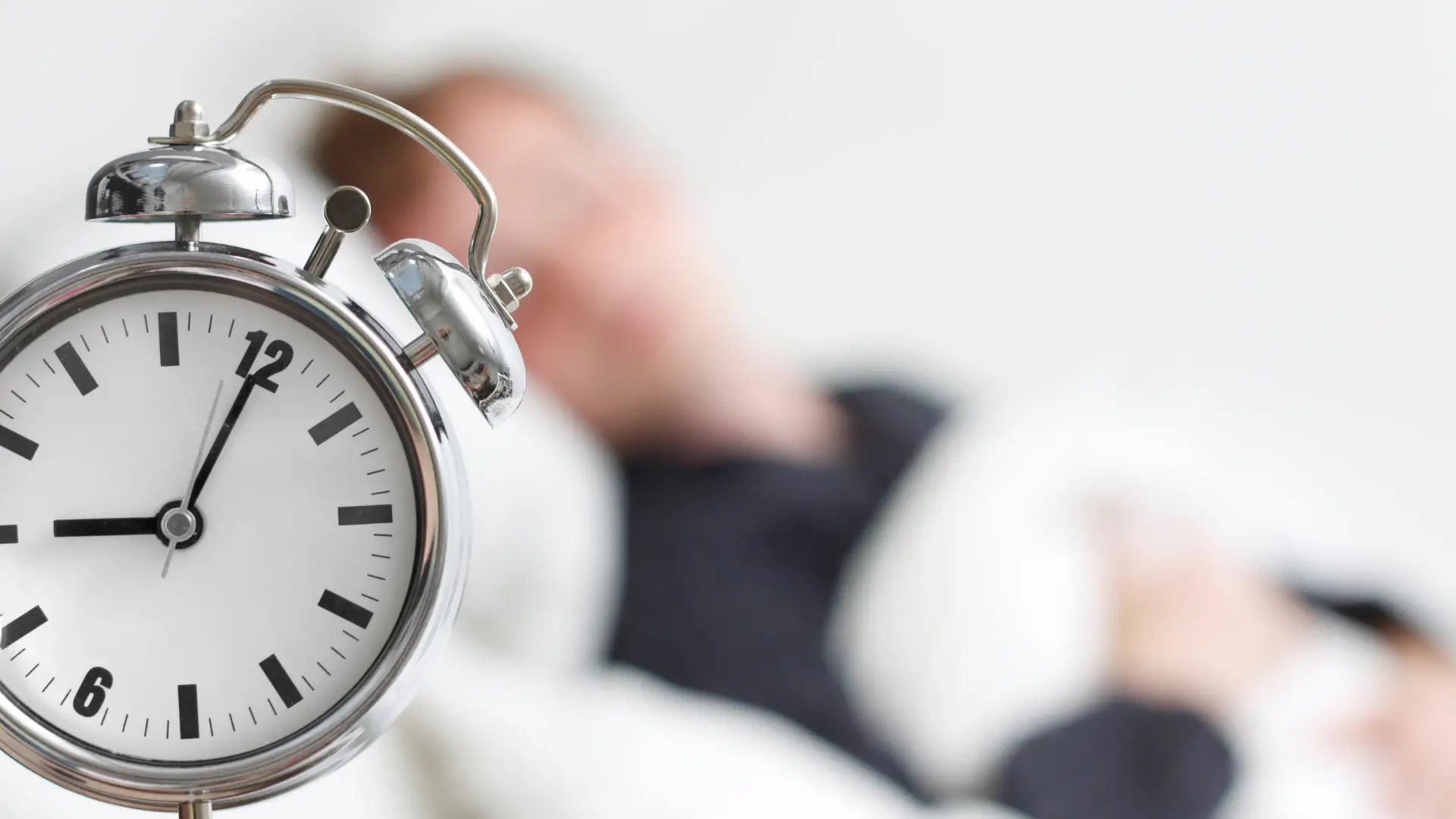The Science Behind Paradoxical Intention and Sleep Improvement
Posted By:
June 15, 2025
9:00 AM


With your mental and physical health on the line, it pays to find therapeutic sleep strategies that can offer some relief from insomnia and other sleep conditions. What is the science behind paradoxical intention and sleep improvement, and can this mental health technique help you rest easier?
What Is Paradoxical Intention?
Paradoxical intention is a psychological or therapeutic technique developed by psychiatrist Viktor Frankl. It is used in cognitive behavioral therapy, especially logotherapy.
Viktor Frankl was an Austrian neurologist and psychologist who survived the Holocaust and spent three years in a concentration camp, losing his father at Terezín Ghetto, his mother and brother at Auschwitz, and his wife at Bergen-Belsen. He later published a book, Man’s Search for Meaning, focusing on his time as a prisoner and philosophical and psychological concepts.
Paradoxical intention seeks to help individuals overcome anxieties or obsessions by intentionally engaging with or exaggerating the thoughts or behaviors they fear. Instead of avoiding something anxiety-inducing, a person does the opposite and deliberately tries to experience the anxiety associated with that fearful situation. Ideally, by removing pressure to prevent the thing someone fears, the anxiety loses its power and control over the individual.
Can Paradoxical Intention Help with Insomnia?
Translating paradoxical intention into an insomnia treatment means that a person anxious about falling asleep may lie awake in bed thinking, “I’m going to try to stay awake as long as I can tonight.” This strategy can paradoxically reduce performance anxiety and allow sleep to come more naturally.
In a way, paradoxical intention attempts to trick the mind. By actively trying to stay awake, they disengage from the anxiety of pressuring themselves to fall asleep, shifting their mindset. For individuals with performance anxiety, paradoxical intention can help reduce the pressure to “perform,” making it easier to fall asleep naturally.
Some studies suggest that paradoxical intention may be a viable method for addressing insomnia in some patients and may reduce sleep onset latency or insomnia. Other studies continue to measure whether paradoxical intention offers substantial sleep benefits to individuals with insomnia and other sleep issues.
While you can practice paradoxical intention at home, a qualified mental health professional can guide you through the most effective exercises to address your insomnia needs.
Mixing Mental Health Therapies with Other Treatment Options

Addressing the root cause of insomnia is valuable in finding the right treatment option. When anxiety or a mental health issue is at play, paradoxical intention and other therapeutic options can help a person focus on techniques that will help them get more rest. However, different methods may be needed to treat the issue when the root cause of sleeplessness is a sleep disorder like obstructive sleep apnea.
Individuals may be more successful when they combine mental hacks for better sleep with assistive devices like oral appliances for maximum results. Therapeutic methods cannot address physical obstructions that can lead to poor sleep quality and insomnia, and assistive devices alone can’t help an individual tackle the anxiety and mental pressure to fall asleep fast.
Working with a sleep professional to address the physical and mental aspects that prevent a person from enjoying a restful night’s sleep may be the best way to reap the benefits of a complete mind-body approach to sleep and wellness.
It’s Time for a Sleep Professional to Help You Get a Better Night’s Rest
At Silent Night Therapy, our dream team wants to help diagnose your sleep issues and find personalized solutions that allow you to get better sleep and wake up refreshed and ready to face the day, every day. Poor sleep affects your mental and physical health, and a correct diagnosis can help you prevent sleep-related health problems in the future.
Contact us online or call our office today at (631) 983-2463 to request a complimentary sleep consultation.
Related Posts:
World Sleep Day: Tips on How to Go to Sleep Earlier for Better Rest



